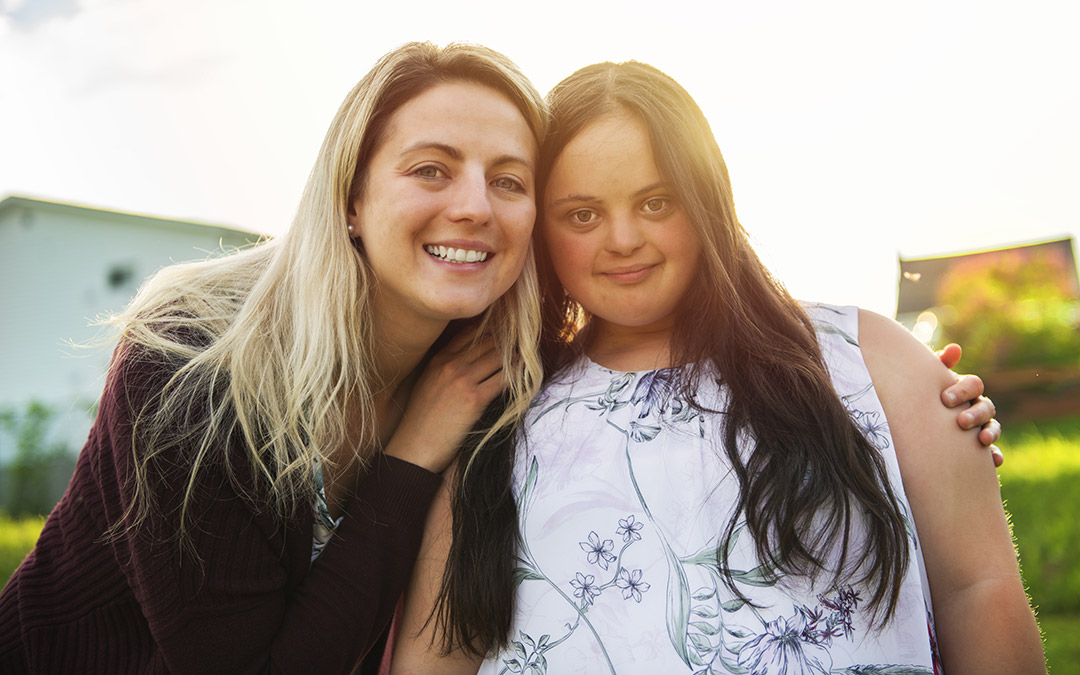Today, 3rd December, is International Day of People with Disability – a UN-recognised day observed across the globe, which aims to increase awareness, understanding and acceptance of people with disabilities, and spotlight their achievements and contributions.
On this and every other day, we’re driven by a relentless desire to be better allies to people with disabilities. Being a good ally means actively fighting for justice, inclusion and the human rights of oppressed or marginalized people, and we all have our part to play in being vocal and unrelenting allies for people with disabilities. Whilst injustice and inaccessibility exists – and currently, it very much does – we all need to raise our voices and demand more.
To help bring about real and lasting change, we’ve put together six handy tips for being a better ally. As a starting point, these are just some of the ways we can work together to create a truly inclusive society – one that’s accessible to everyone.
1. Think about accessibility
It’s something most of us take for granted, but for people with disabilities – and wheelchairs users in particular – accessibility can be the difference between inclusion and total exclusion. When doorways are too narrow, kerbs too high and bathrooms too small, people in wheelchairs are denied the same freedom of movement as others. When there’s no ASL interpreter at an event, or signage isn’t written in a way that’s accessible to people with an intellectual disability, people are entirely excluded.
2. Talk to the person
This one may seem obvious, but still, many people with a disability report people talking solely to their companion or carer rather than directly to them – and the experience of the carer, friend or parent is not the same as that of a disabled person. Speak to people with disabilities the same way as you’d speak to anyone else – it’s that simple.
3. Watch your language
Words matter – avoid using ableist language and offensive terms, and call out others if they use them. Many other words, including common phrases such as ‘idiot’, ‘lunatic’ and ‘moron’, also have historical ties in referring to disability and should be avoided.
4. Recognise diversity
Disability is a broad word that covers a large spectrum of physical and/or mental health conditions. It’s important to recognise the individuality of people with disabilities – and remember that their disability does not define who they are, or what they are capable of. There’s not one type of disability, and there’s not one type of person with a disability – see the individual, not the label.
5. Speak up and be heard
Being an ally means speaking up and taking action. Whether it’s writing to your local MP when you’ve noticed your local park isn’t wheelchair-friendly or speaking directly to business owners around issues of accessibility, take a stand and make your voice heard.
6. Do the work
One person’s lived experience is just that – their own. In order to learn about the reality of living with a disability, it is our responsibility to actively educate ourselves – why not start your learning journey by following some of our favourite disability advocates and creatives. Here are some of our favourites to get you started:
